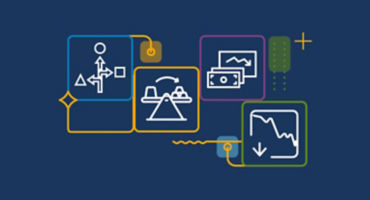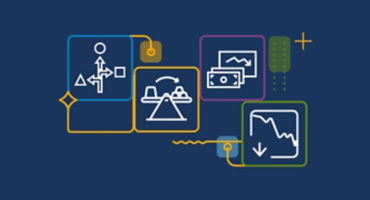The changing face of the job market — Significant societal shifts, the energy transition, the rise of the digital economy and an increased demand for social services are altering the nature of work. Keeping abreast of these changes requires continuous reskilling and upskilling. Since 2015, skill sets demanded by employers have changed by 25%, and this is projected to increase to 50% by 2025.3 In the developed world, ageing populations will mean a shrinking workforce, creating a strong incentive for companies to reskill existing employees. An added incentive: hiring externally costs substantially more than training existing employees. We believe this sets the scene for an attractive market in corporate training and professional accreditations.
Technology is also enabling advances in automation that will allow certain job functions, such as data processing, to be wholly or partly performed by computers or machines. We expect adoption of AI to be rapid and have transformative impacts across jobs, given its potential to influence nonroutine jobs, across both high- and low-skill roles. In its Future of Jobs Report 2020, the World Economic Forum (WEF) shared that by 2025, senior executives expect the share of time spent on current tasks at work to be equally divided between humans and machines.
All told, the WEF estimates that by 2030, we will need to reskill a billion people. Workforce development policies and the increasing number of companies and governments dedicating funds to reskill employees testify to a growing awareness of the issue.
The disruptive potential of “EdTech” — Technology is also changing the education industry itself, a transformation that was accelerated by the pandemic, as schools and universities were forced into the greatest-ever experiment in online and remote education. This led to new business models, consolidation in the markets and government efforts to build more effective, agile and resilient education systems.
We expect to see a rise in blended teaching models — balancing in-person and online experiences — and adoption of new digital tools. We also anticipate an unbundling of the traditional degree, which will open the university experience to a broader market of learners — both on campus and on computers. We see this trend filtering through to the informal side of the education market, where new delivery models and online resources should drive a larger appetite for self-directed learning like after-school tutoring or adult education. These learning experiences will be facilitated by companies that offer dedicated platforms and educational content.













Trends and transformation distilled: Our 2024 outlook in brief
Our experts explore investment opportunities and risks for the year ahead.
Multiple authors